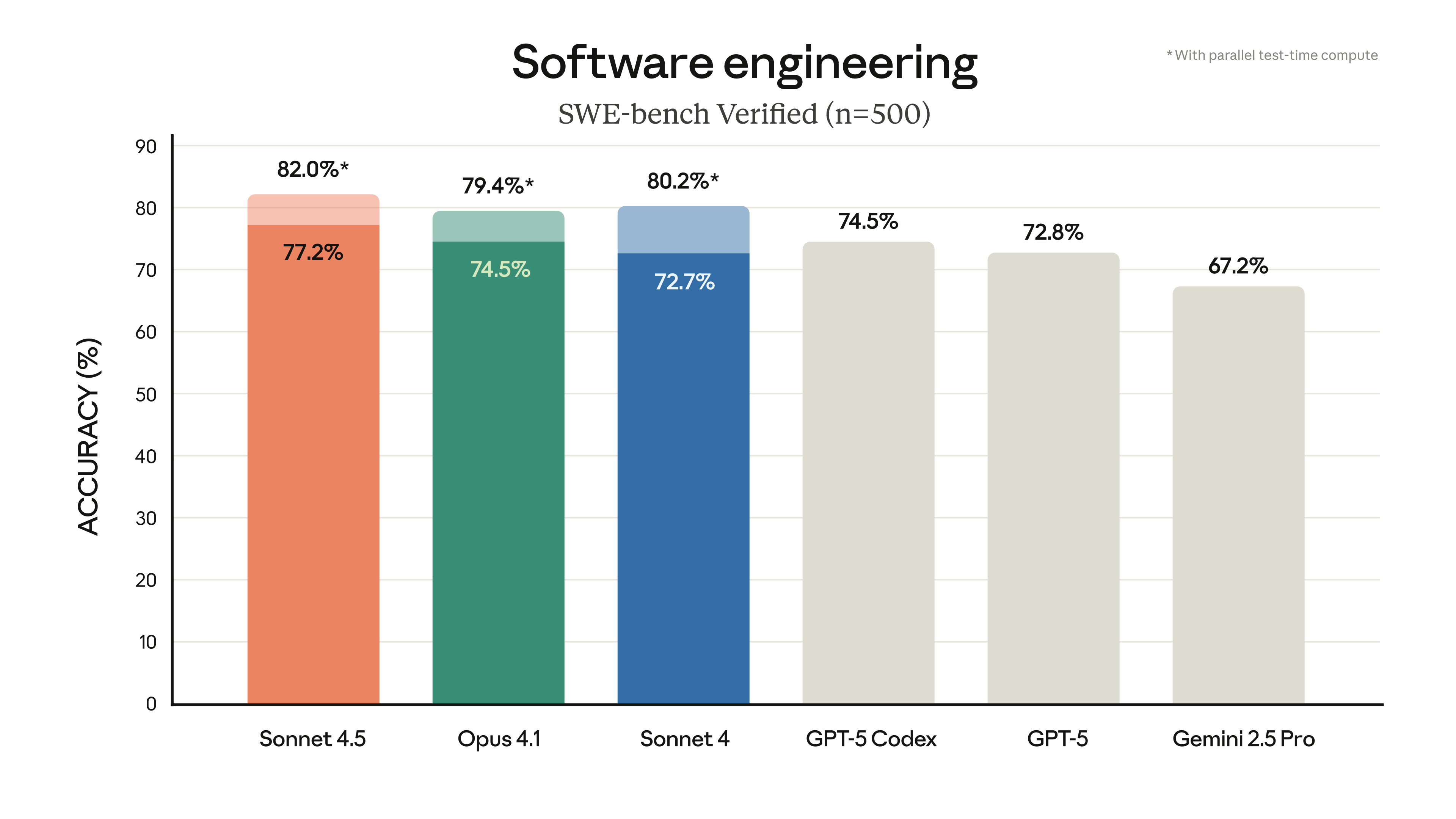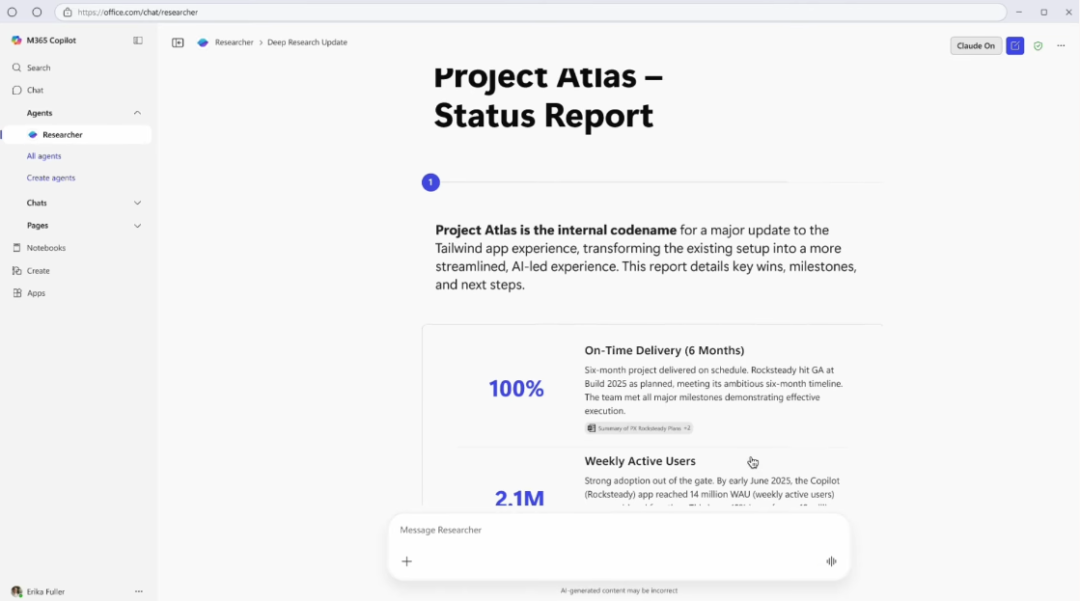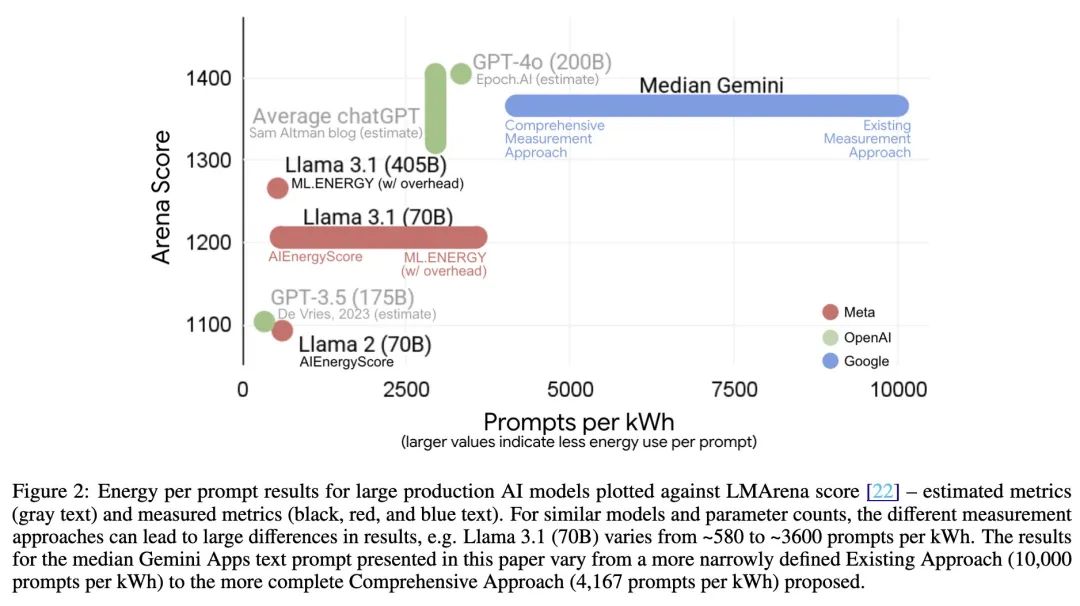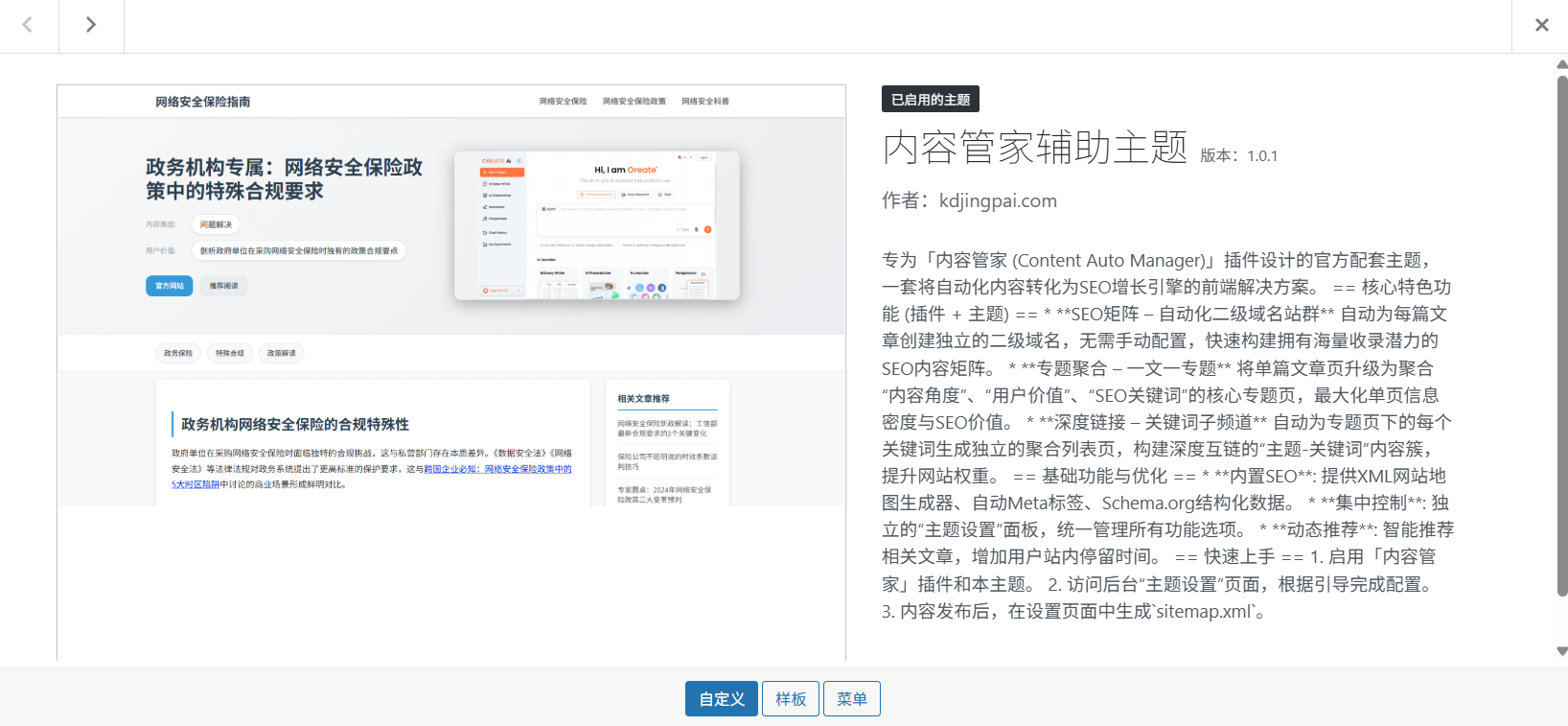A wave of technology is sweeping through the world at an unprecedented rate, and artificial intelligence is undoubtedly at the center of it. From the lab to everyday life, from national strategies to personal emotions, AI's reach is ubiquitous, triggering a global race that combines enormous opportunities and potential risks.
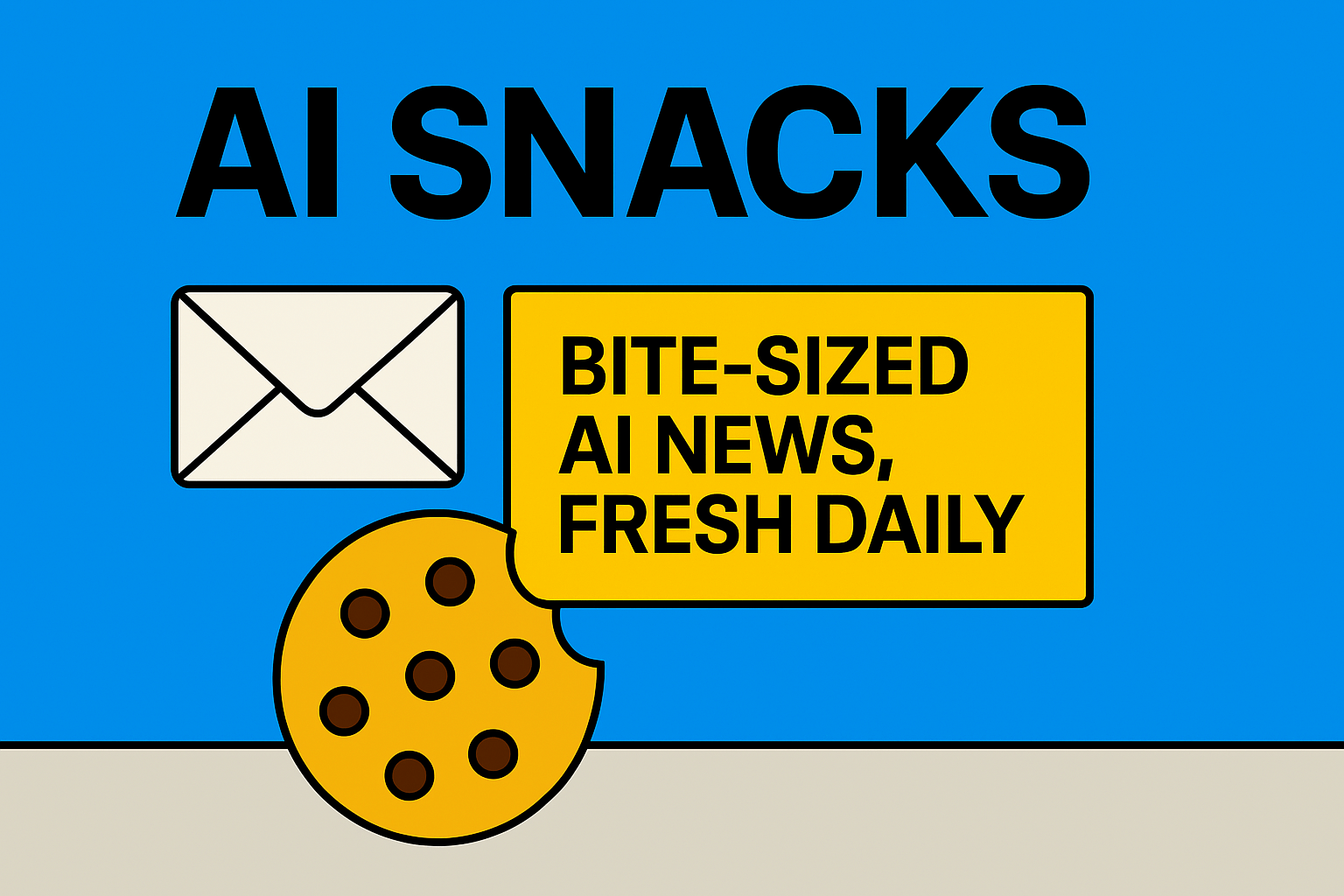
🥇 AI's "Olympic Gold Medal" and Technology Milestones
Recently, from Google cap (a poem) OpenAI 's AI model has achieved gold-level results at the International Mathematical Olympiad (IMO). The event, once a proving ground for the intelligence of top human teenagers, has now been conquered by AI. This achievement is significant in that it marks a new level of logical reasoning by AI, which may be used in the future to solve problems that have plagued mathematicians for centuries.
At the same time, the spread of technology is accelerating.Latent Labs Company launches web tools LatentX The new technology allows scientists to design new proteins in the browser as if they were playing a game. The "gentrification" of this biotechnology tool signals a significant increase in the speed of drug development.
🏗️ The Arithmetic Race: Trillions in Investment and the "Digital Death Star"
Technological breakthroughs can not be separated from the huge arithmetic power support, and arithmetic power has become the new "oil".OpenAI together with Oracle The "Stargate" supercomputer project, which is being promoted jointly, added the 4.5 Gigawatts of data center capacity with enough energy consumption to run a small country. This is a clear indication that the AI race has somehow been reduced to a race to see who can make the most of GPU A race to invest more money and energy.
Countries around the world are also scrambling to lay out their positions in this race.
- United States of America: The White House has released a new strategy aimed at boosting global exports of U.S. AI technology and cutting domestic regulation. Its hardline stance - eliminating federal funding for states with strict AI laws - demonstrates a "fast-moving, out-of-the-box" strategy that prioritizes speed of development over security concerns.
- United Kingdom of Great Britain and Northern Ireland:: In conjunction with the
OpenAISigning "strategic partnerships" and aggressively attracting AI companies to build data centers ensures that they are not marginalized in this race. - Indonesia: It has also unveiled its first national AI strategy, eager to attract foreign investment and join the global tech gold rush.
Countries are now competing for AI companies as fiercely as if they were bidding for the Olympics, only the playing field has been switched to the data center.
📈 Market Mania: Future Trend or Bubble of the Century?
The capital markets' mania for AI is pushing the market capitalization of tech stocks to record highs. Tech companies now account for more than half of the S&P 500's total market capitalization. 34%This ratio is even higher than it was at the peak of the dot-com bubble in 1999. However, unlike then, most of today's tech giants have real profitability. Nonetheless, the market is still fiercely debating whether this is the beginning of the future, or one of the most expensive collective hallucinations in history.
Venture capital (VC), on the other hand, bets with real money.Betaworks Recently completed 6600 The $10 million AI fund was raised to focus on investing in startups building AI agents and interfaces. This shows that the smart money is moving away from simply pursuing large model parameters to practical applications that make AI truly "usable".
Competition in the AI chip market is also getting hotter by the day. Korean chip startups FuriosaAI Rejected. Meta Jean-Luc Godard (1930-), French-Swiss film director 8 billion dollar takeover bid, instead opting to enter into a deal with the LG Cooperation. This event underscores how hot the AI chip market is, with even startups having the stamina to call out tech giants, while the Nvidia The monopoly is facing increasing challenges.
💬 Social penetration: "outsourced" thinking and new human-machine relationships
AI is being integrated into the fabric of society at an unprecedented depth.ChatGPT Currently the number of prompts processed per day is up to 25 billion times, which means that humans seem to have inadvertently "outsourced" some of their thinking to chatbots. This makes Google For the first time, the search hegemony that has been built up over decades feels truly threatened, with the "casual Google The habit of "ask" is gradually being replaced by "ask". ChatGPT"Replaced.
The more far-reaching impact is happening to the younger generation. Data shows that nearly 72% Some U.S. teens have used AI partners for conversations, and some have even "rehearsed" with chatbots before socializing with real people.Generation Z is using AI to learn how humans interact, which will undoubtedly have unpredictable psychological and social consequences.
Meanwhile, AI is becoming ubiquitous in everyday tools. Startups Mixus Working to embed AI agents into users' email and Slack in order to automate everyday communication. And to combat the growing number of AI-enabled nuisance calls, the privacy app Cloaked Instead, AI phone screening has been introduced. We seem to be heading towards a strange future - one AI against another.



